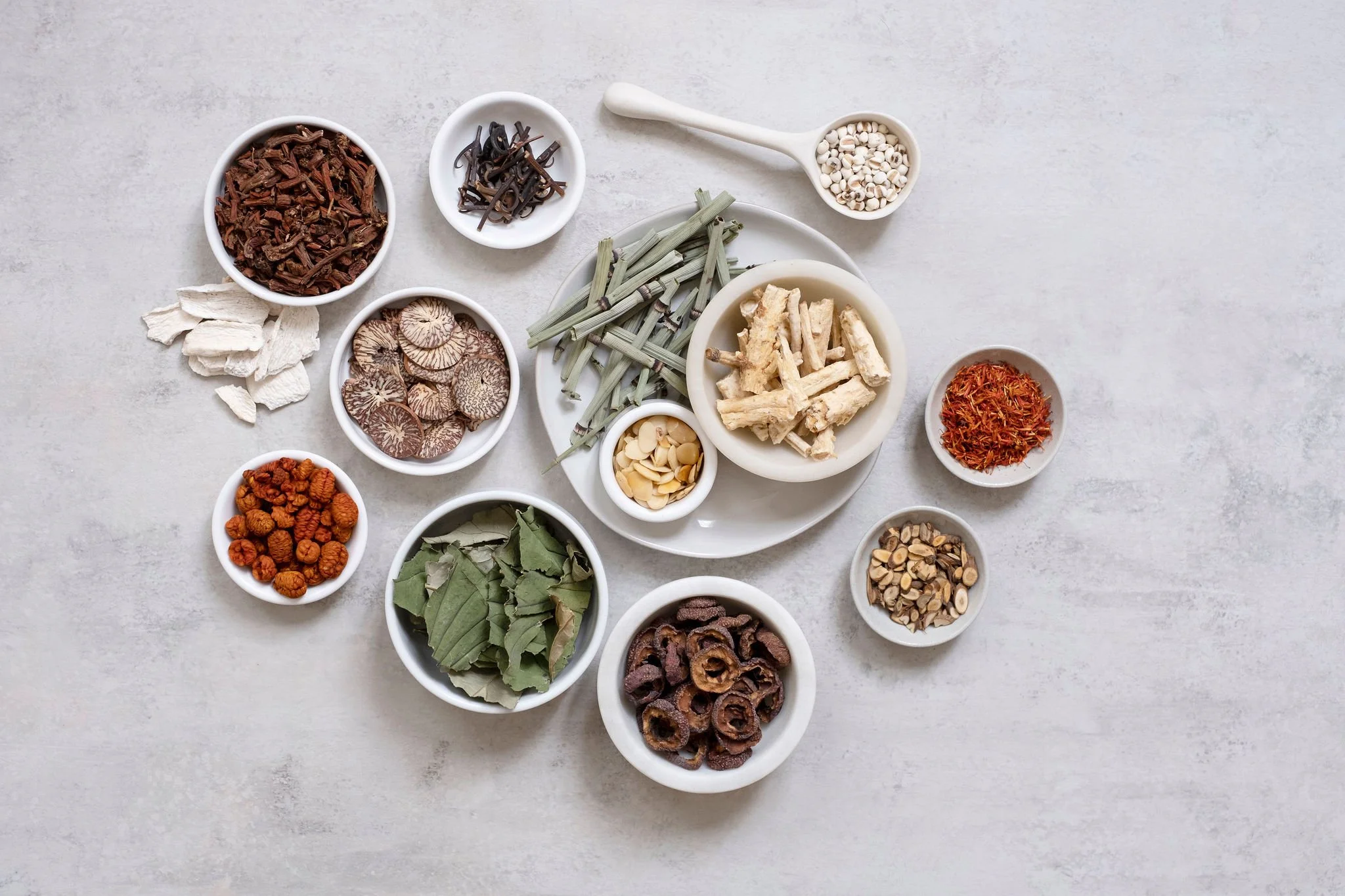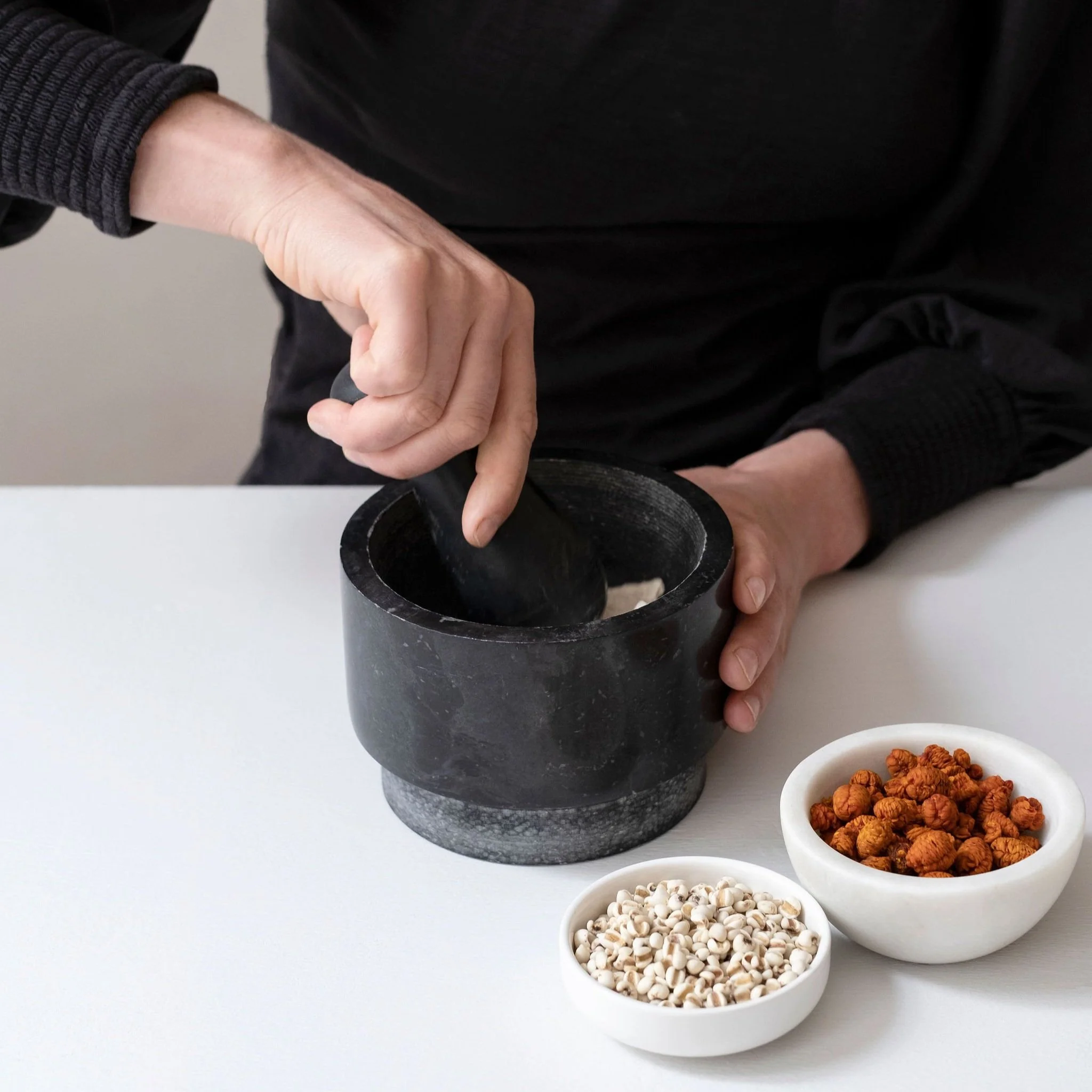What is Chinese Medicine?
Chinese medicine is a holistic medicinal system based on the observation of nature. It can be thought of as ‘balance medicine.’ Recognizing the interrelationships of the body as a reflection of the natural world is a fundamental aspect of diagnosis and treatment in Chinese Medicine. Similar to the expression of illness in the body, disharmonies in nature have the potential to culminate in severe weather patterns. As persistent rain leads to flooding, a persistent ‘weather pattern’ in the body can lead to illness. Both physical and emotional disharmony influence the body’s landscape. The ability to maintain harmony with our ever-changing environment is a key aspect of achieving health and wellness. Helping each individual find their balance is an integral aspect of my mission.
Chinese Medicine treatments combine acupuncture, bodywork, and herbal medicine to create an integrative and holistic approach to your health and wellness. Treatments are tailored to each individual based on their lifestyle, life experience, and genetic makeup. The process of customizing and strategizing treatments to address a person’s unique condition or illness is at the heart of Chinese medicine.
Chinese medicine treats the person, not the disease. Treatment is focused on the whole person rather than isolated symptoms of an injury or illness. When the whole system is supported to run optimally, disease patterns and symptoms can shift.
The list below gives a sense of what Chinese medicine can help with — from anxiety to pain to chronic illness. If you do not see the symptom(s) you are struggling with, please know this is not a comprehensive list.
Acute physical trauma
Allergic rhinitis
Anxiety (with or without medication)
Asthma
Autoimmune disorders
Amenorrhea
Back pain, acute/chronic
Bloating
Cancer-related pain and fatigue
Chronic low back pain
Chronic pain syndromes
Common cold
Constipation
Depression (with or without medication)
Dermatology
Diarrhea
Dry eyes
Dysmenorrhea
Eczema
Elbow pain
Endocrinology
Gastroenterology
Gynecology and Women’s Health
Headache, tension-type/chronic
Hypertension (with or without medication)
Immune dysfunction
Inflammation
Insomnia
Irritable bowel syndrome
Knee pain
Migraine prevention
Menopausal hot flushes
Menorrhagia
Musculoskeletal pain (acute/chronic)
Neck Pain
Neurology
Nutrition
Obstetrics, pre/postnatal
Osteoarthritis
Osteopenia
Osteoporosis
Obesity
Operations (pre/post)
Pain management
Pediatrics
Pelvic pain
Perimenopausal & Postmenopausal insomnia and night sweats
Plantar heel pain
Premenstrual syndrome
Post-traumatic stress disorder
Postoperative pain
Restless leg syndrome
Scars
Sciatica
Shoulder pain
Sports Injuries
Temporomandibular pain
Hannah Dietz is a Doctor of Acupuncture and Chinese Medicine practicing in Portland, ME



